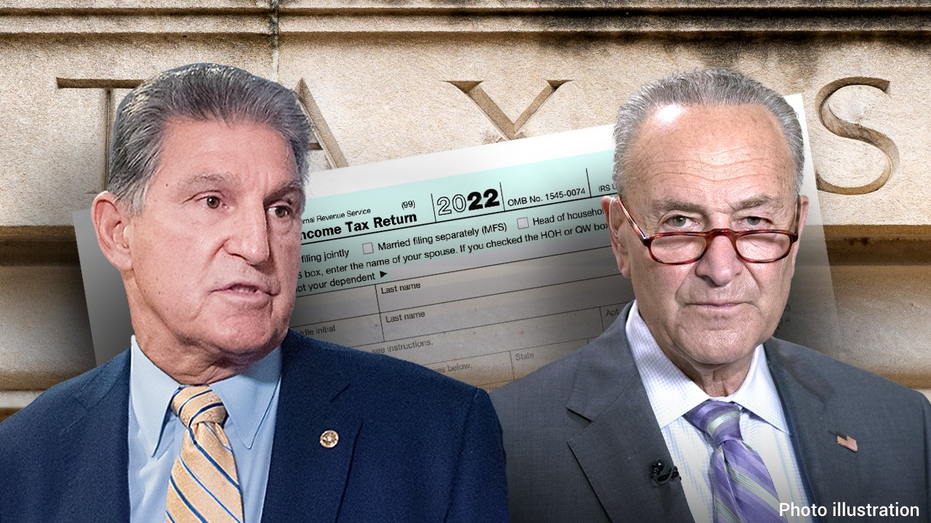IRS audits will generate $20B from those making under $400K under Inflation Reduction Act
The Congressional Budget Office confirmed the figures in an email to Republican lawmakers
FOX has confirmed that the Congressional Budget Office informed lawmakers that audits of taxpayers making under $400,000 accounts for about $20 billion in revenue for the Inflation Reduction Act.
FOX has obtained the CBO's score of a Senate amendment proposed by Republican Idaho Sen. Crapo that would have prevented any additional IRS funds to audit taxpayers making less than $400,000 a year. The CBO says with this amendment, the Inflation Reduction Act would lose $20 Billion dollars in revenue.
DEMOCRATS INFLATION REDUCTION ACT COULD MEAN LOWER WAGES FOR MILLIONS OF AMERICANS
This CBO score was just emailed to Senate offices this morning and, therefore, was not ready in time for the Senate vote on the IRA.

Republicans on the House Ways and Means committee say that this proves that the CBO — and Democrats counting on CBO estimates for how much money increased IRS audits would raise — proves that about $20 billion dollars in revenue will be raised from increasing audits on anyone making less than $400,000. Republicans say this directly contradicts the President and other Democrats' promise that no one in the middle and lower income brackets would get hit with increased audits.
INFLATION REDUCTION ACT: WHAT TAX HIKES ARE IN THE BILL?
Republicans on the House Ways and Means Committee had the following takeaways from the email sent by the Congressional Budget Office.
- The figure is at least $20 billion. This amount is likely higher.
- This $20 billion is on top of the existing number they are pulling from this income group currently.
- According to official "tax gap" estimates, 78%-90% of "under-reported" tax dollars come from families making less than $200k. A mere 4% from those making $500,000 or more.
- Keep in mind: Democrats have been relying on CBO for an estimate of how much they’d collect. CBO has been clear that it’s "non-scorable" in asterisks at the bottom of their estimates – but Democrats have counted it anyway. So when they talk about "non-scorable" revenue, that’s what they’re referring to.





















